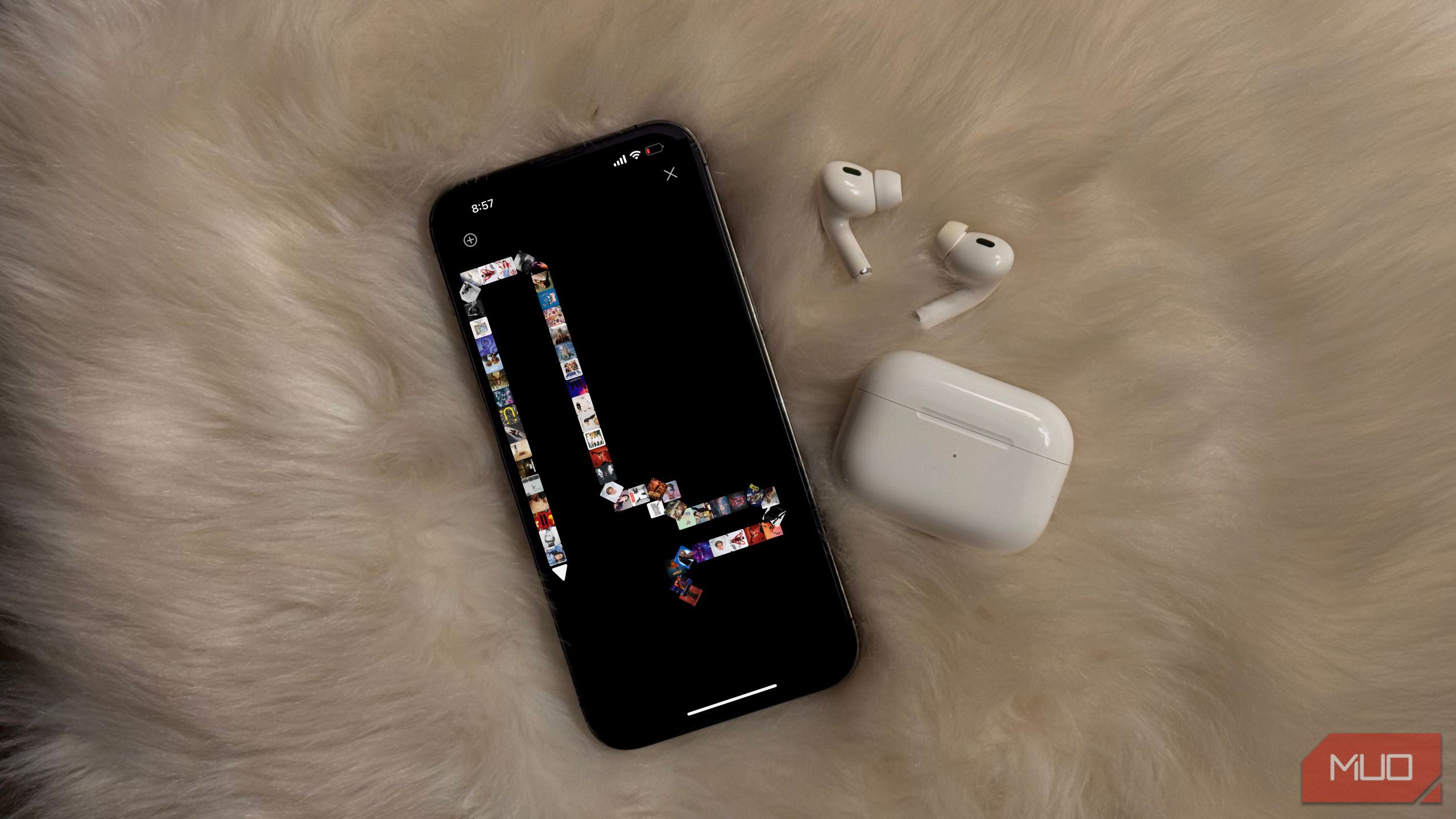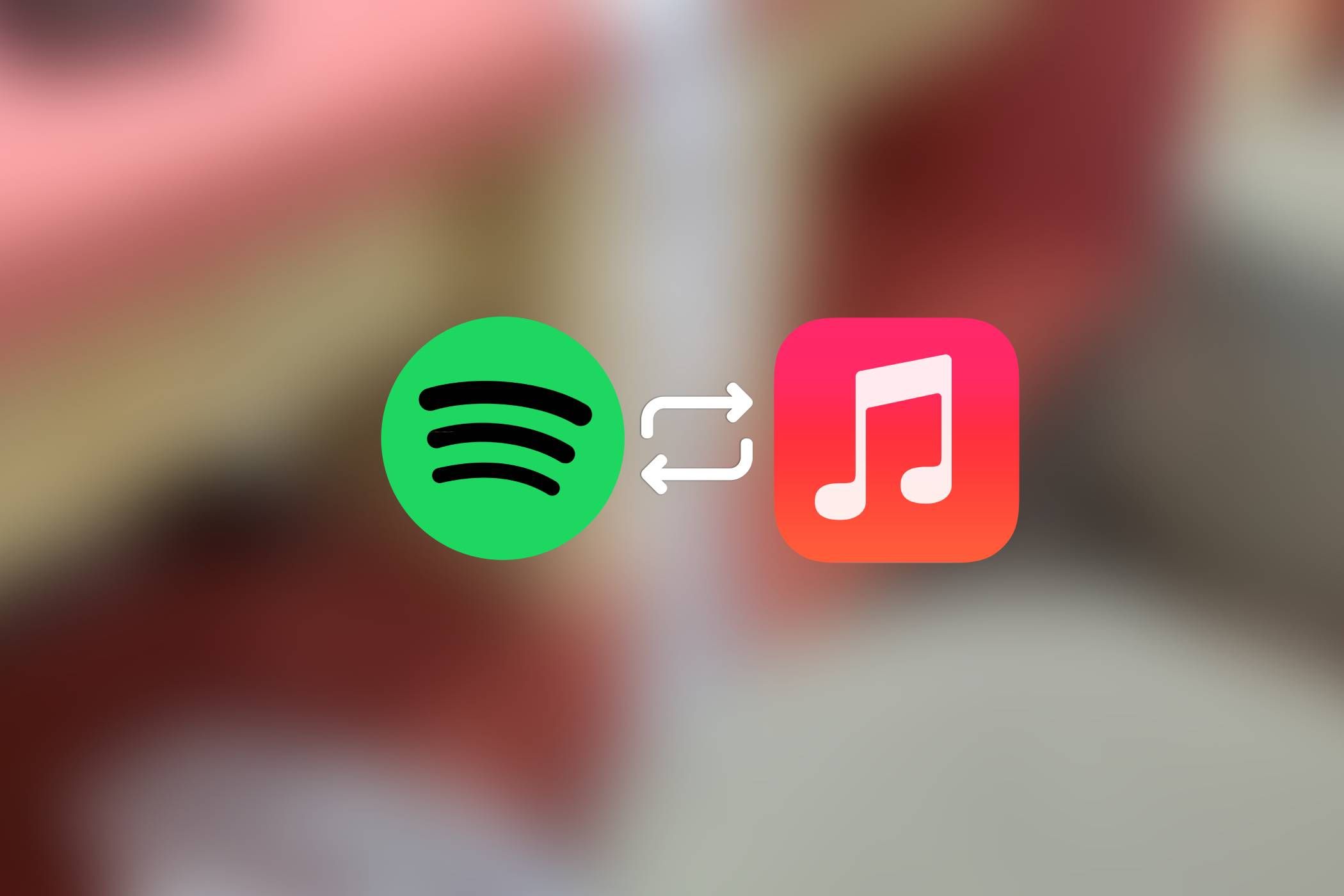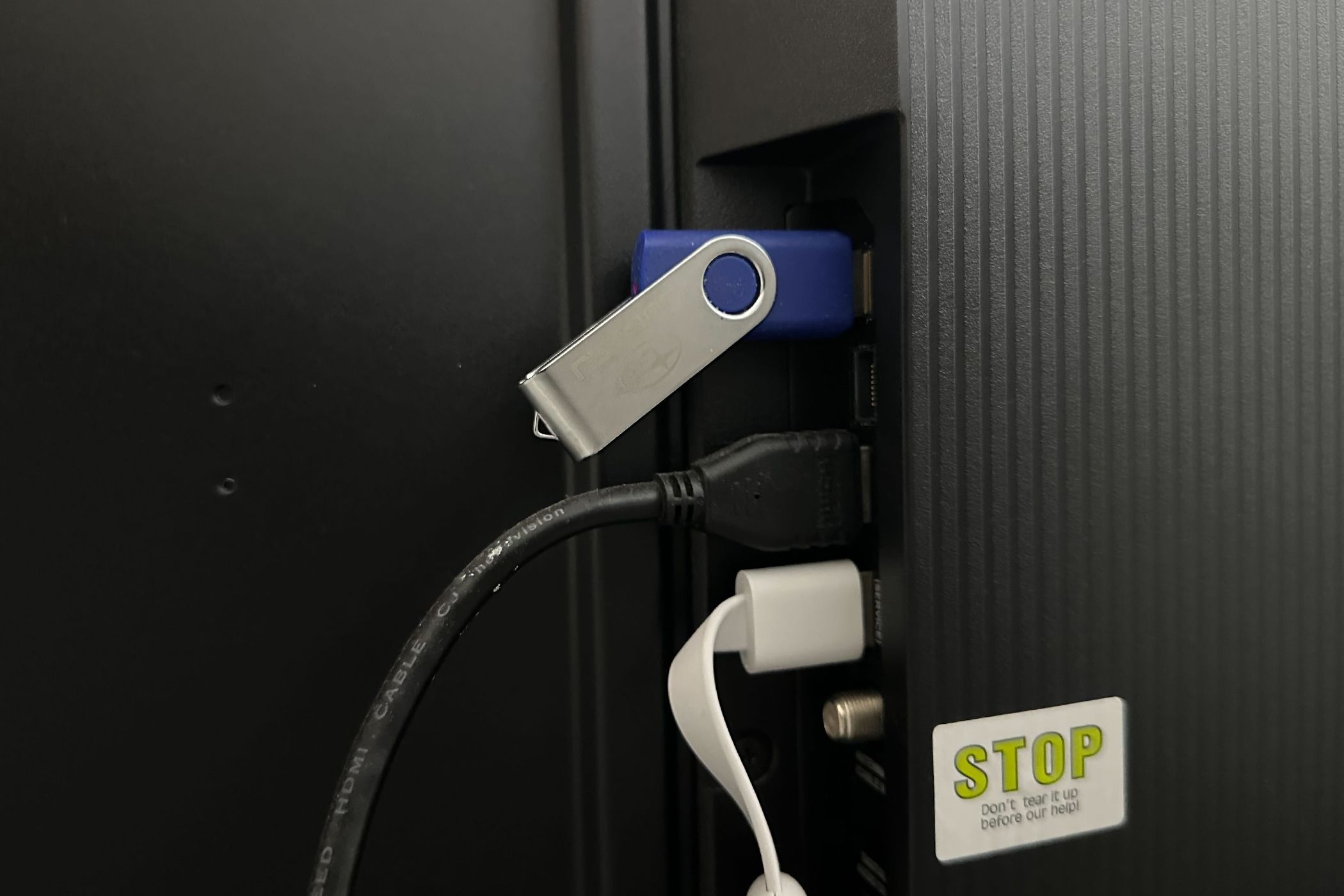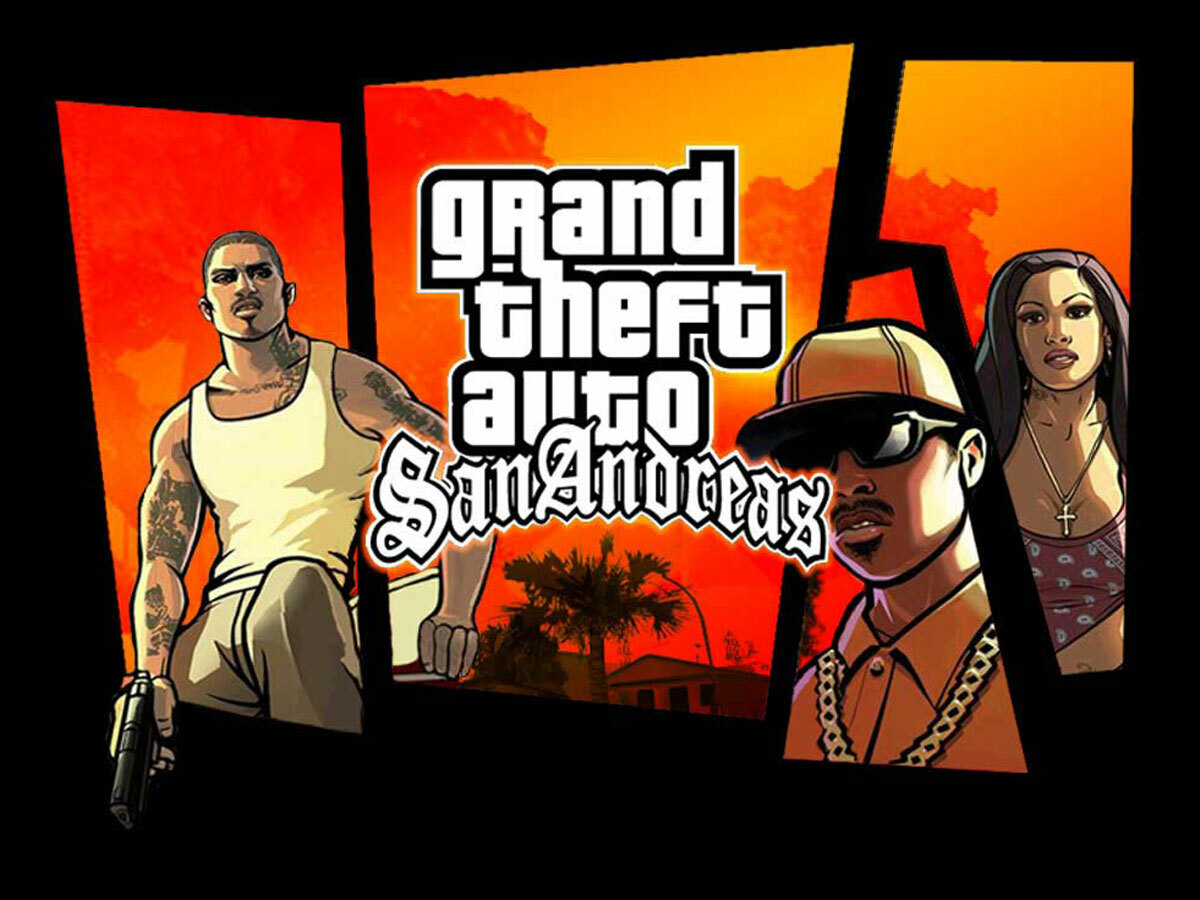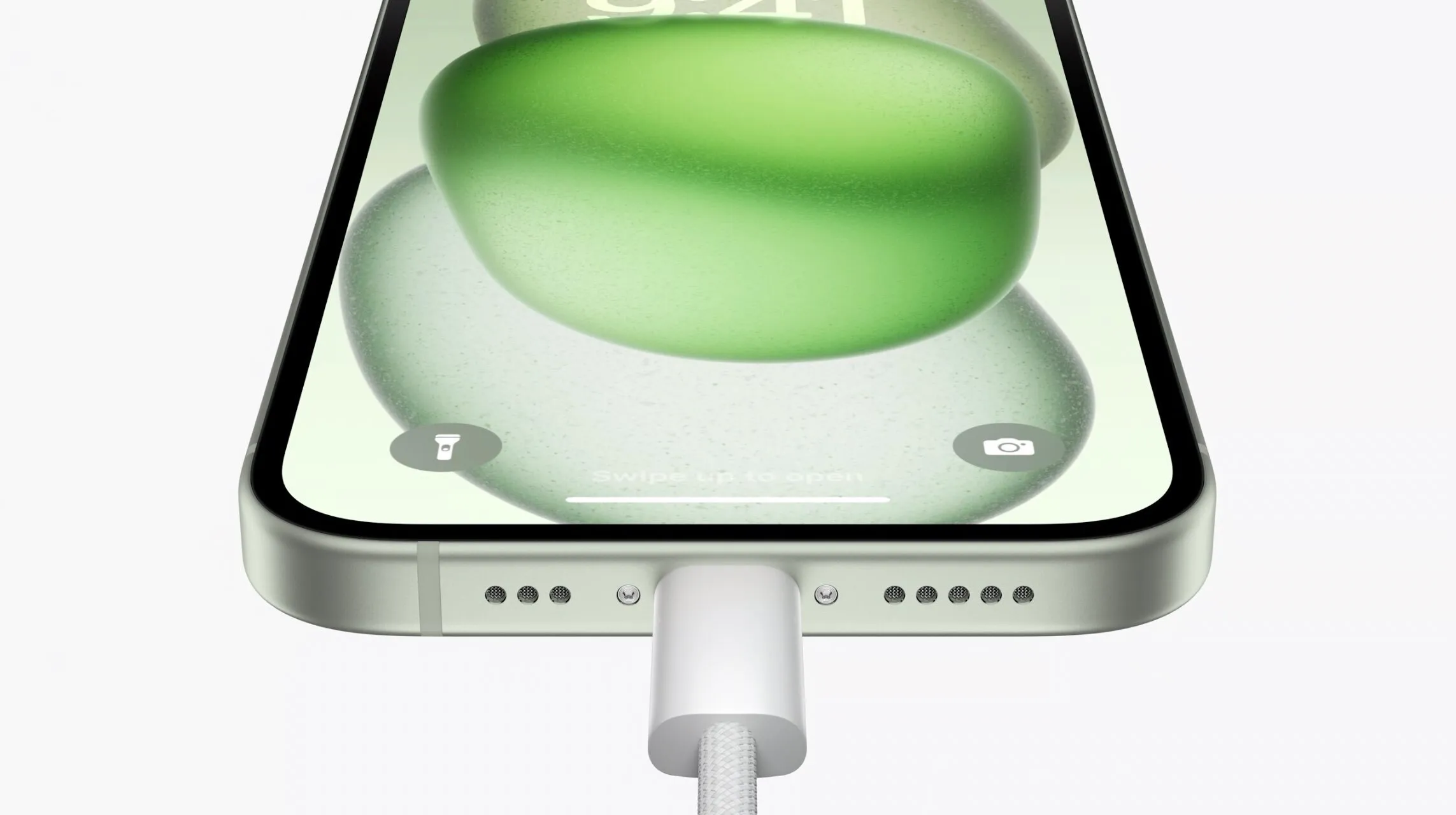It’s an infamous gaming series with plenty of competition among its stellar line-up, yet Grand Theft Auto: San Andreas remains among the very best crime sims across the entire bullet-ridden, vehicle-thieving genre.
With a cast of colourful characters, diverse gameplay that has your crime-y mitts in everything from dancing minigames to dabbling in casino ownership, plus a truly engaging story, there’s no wonder it was the biggest-selling title on the PlayStation 2.
Now celebrating its 20th year of release, we look back on how GTA: San Andreas set the new standard for not only crime sims but all sandbox games ever since.
Current king of the crime sims, GTA 5, may rule the roost when it comes to the best GTA game around, but San Andreas walked so the former could run. And while San Andreas doesn’t hold the title as the first 3D iteration of everyone’s favourite four-wheeled thief-em-up — that honour belongs to GTA III, it unleashed a metric tonne of RPG mechanics that few modern games replicate even today.
After depicting a life of sun, sand and sin with 80s Miami-inspired predecessor Vice City, developer Rockstar North looked to the US West Coast for San Andreas. In crafting the ultimate crime playground for the game, Rockstar sought to weave together three major metropolitan areas: Los Santos, San Fierro, and Las Venturas, within its 14-square mile world map, around four to six times that of GTA III and Vice City’s maps. These areas respectively wrapped up miniature renditions of Los Angeles, San Francisco and Las Vegas, with major urban terrain connected to mountainous areas and dusty desert plains, a first for the series.
Not only were you running, gunning and driving within a large, detailed world with barely any repetitive gameplay — and arguably more mission variety than GTA 5 — in any one of over 200 vehicles, but the game was filled with memorable characters you actually cared about.
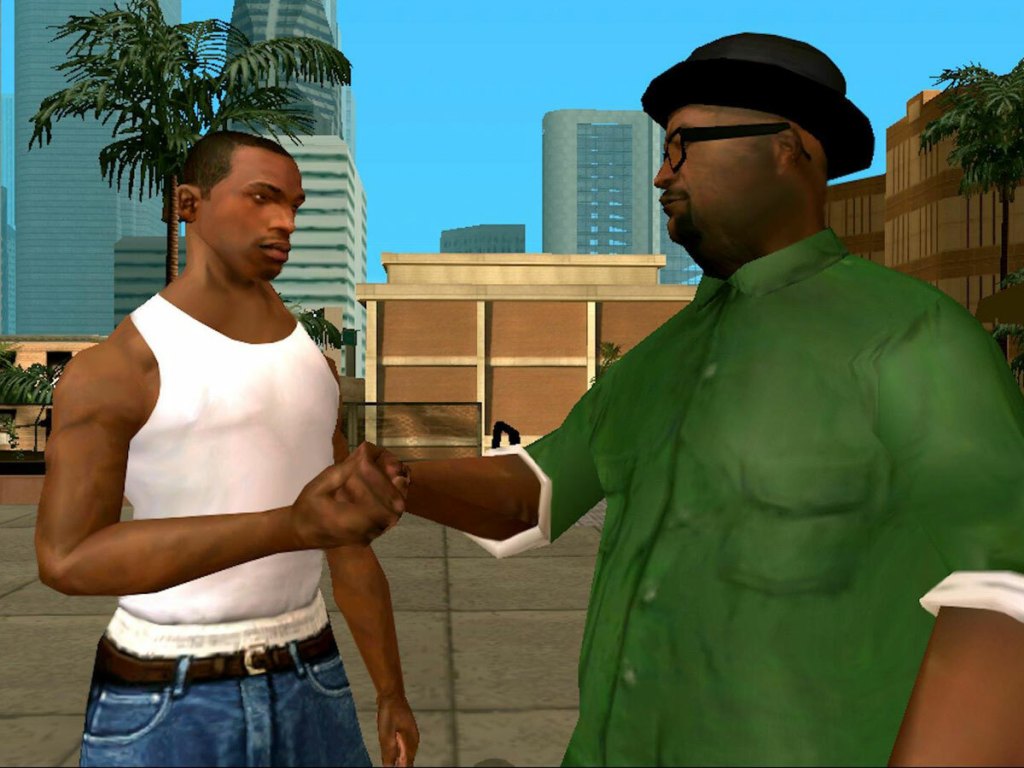
The story takes its inspiration from the real-life Bloods and Crips feud of circa 1990s Los Angeles, with gang movie inspiration taken from Boyz n the Hood and Menace II Society. Players step into the shoes of Carl “CJ” Lewis, a reformed Grove Street hoodlum forced to fly home after his mother is killed by gangland violence. However, CJ’s former life catches up with him, as he’s forced to rebuild old alliances and forge new ones to restore his gang’s glory while bringing his mother’s killers to justice. Rubbing shoulders with all manner of friend and foe, CJ takes jobs from crooked cops, Mexican gangsters, Chinese triads, alien conspiracy theorists and even Mancunian rock stars across this one-man campaign.
Along the way, players indulge in a huge medley of madcap missions, as San Andreas heavily leans into its comedic beats, with Carl dancing lo-rider cars, holding up banks, stealing fighter jets, and even flying across Area 51 in a jetpack. GTA veterans will no doubt break into a cold sweat at the mere mention of Supply Lines, a mission that had you flying a hard-as-nails to control RC plane to take out rival couriers.
To my shame, I never finished San Andreas’ final mission, End of the Line. Giving chase to the devious Officer Tenpenny (wonderfully voiced by one Samuel L Jackson) as he makes off in a fire engine, you need to rescue your fellow Grove Street brother Sweet as he dangles precariously off the vehicle’s ladder. I can’t tell you how many times I witnessed him getting pancaked on the highway.
Of course, the main missions weren’t the only thing keeping gamers’ thumbs busy and blistered. A major part of the game involved securing and defending turf via gang wars, which had players gunning down hordes of Ballas, your rival gang, before gleefully hoovering up their dropped cash and ammo.
While in combat, your guns do feel admittedly light and lacking in oomph, and most hilariously, you could cancel your police wanted level by heading home and tucking yourself into bed. Frame rates could also get stuttery, particularly with larger explosions, indicating that the PS2 was being pushed to its limits.
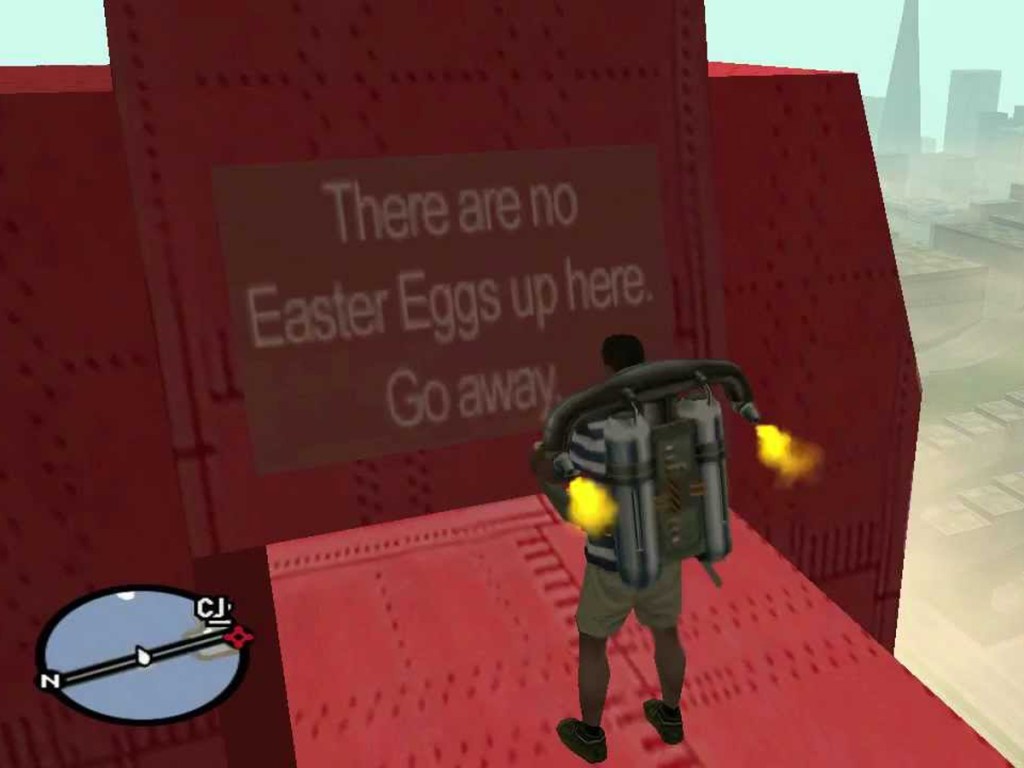

While you’re not being a menace to your hood, you can complete vehicle-specific jobs, such as vigilante missions and ambulance missions, and ace driving school missions for the bike, plane, car and bike. Plus, an entire compendium of minigames was at Carl’s disposal, including casino games, arcade machines, basketball, billiards and even horse racing.
Not only that, but CJ was the most customizable character GTA players could control at the time. Eat too much Cluckin’ Bell chicken? Gain visible weight. Hit the gym and get some lifts in, and see Carl get gradually more and more ripped. This extra experience also involved various character proficiencies influenced by your play style, with traits including stamina, sex appeal, respect, driving skill and weapon skill.
With unparalleled freedom, detail and gameplay mechanics, this game just had no business being playable on a 32-bit console. San Andreas lit the gaming scene alight when it was released initially on the PS2 to universal acclaim. Across platforms, it sold a whopping 27.5 million units worldwide. Its legacy may have slightly dulled since the contentious launch of the GTA Trilogy: Definitive Edition, but the original is still fondly remembered for its sheer freedom, variety, A-list cast and gritty yet silly freedom.
